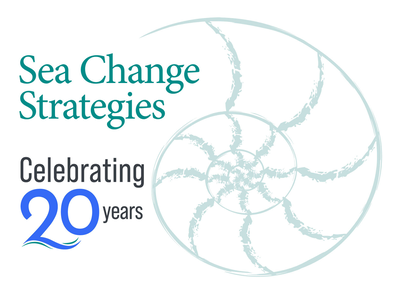When is a fail not a fail?
On Monday, I thought I failed — big time.
In early November I became a foster mom to a sweet pit bull pup named Buttercup. She came into my life with intense karma — a stray with mange who had hustled hard to survive on the streets of Decatur, Georgia.
As part of my family, she got potty trained, crate trained, learned to walk on a leash and got some basic commands and impulse control. But she still had some deep-rooted issues to work through and — after months of trying with lots of support from my rescue friends — I realized that I was out of my depth and needed help.
My rescue — Pibbles and More — decided to move her to a more experienced foster to give her a better shot.
Let that settle in for a second. Wow. I didn’t achieve something I set out to do — train this dog to perfection and find her the perfect forever home. I felt that I let her down, that I let my foster family down and that I let myself down. It was a serious blow.
I sent an S.O.S. message to our private Facebook group of rescuers expressing my sorrow. I ended with this. “You won’t lose me PMAR friends, but my confidence is shaky.”
The comments just poured in. Here is just a sample of the insights:
“Don’t feel bad. I would say most of us fosters have been there and felt the same way! And even after years of fostering we are always growing and learning, part of that is learning what you can handle and being honest about it. THAT is a good foster! NOT a failure!”
“Personally I think you should be super proud of yourself ! She was saved and You got her to her next step in life which may not be the step you were hoping for but what is needed for her. Great job !”
“There was one dog Bug that it took 3 people to foster over a year and a half. I did grammar school, another foster did junior high and a third did finishing school.”
I opened myself to their wisdom. And even though I’m still sad to see her go, I’m no longer calling this a fail.
Throughout the experience, my intention never faltered and my honesty with myself is getting her to situation that will likely be much better for her in the long run.
Sometimes we have our heads up our asses about what is success and what is failure. What might you be needlessly calling failure? Is it really?
